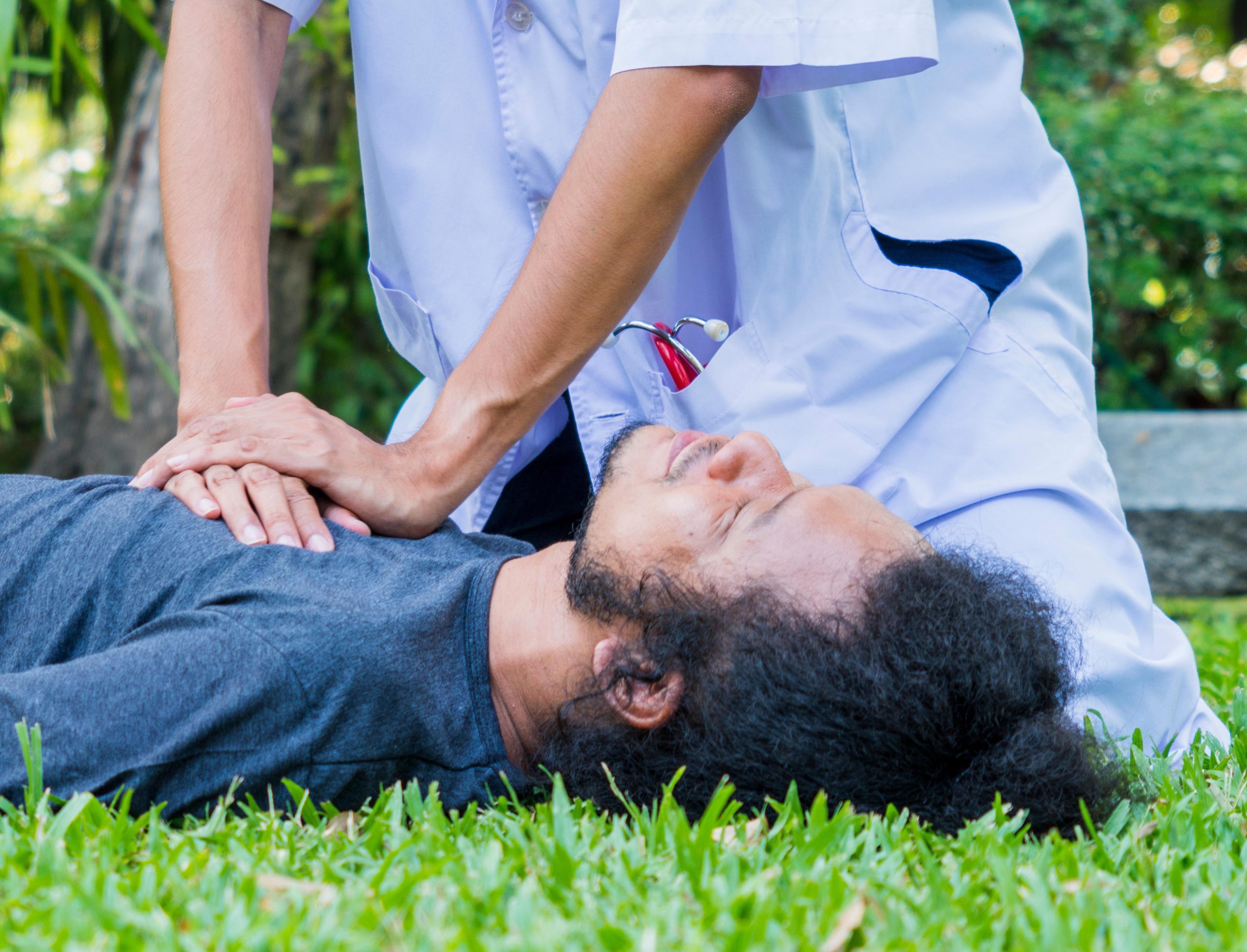
When someone collapses in front of witnesses, the chances of receiving potentially lifesaving CPR may partly depend on the color of their skin, a new study suggests. Researchers found that when Black and Hispanic Americans suffer cardiac arrest, they are up to 37% less likely than white people to receive bystander CPR in public places… read on > read on >






























